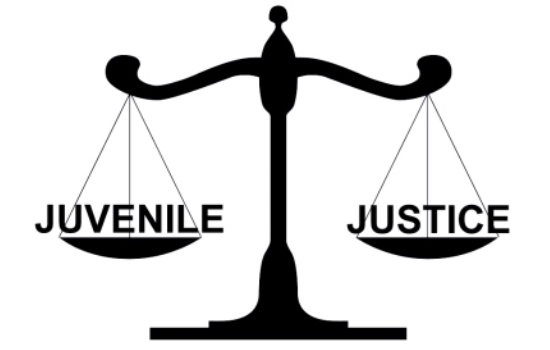LI Network
Published on: 7 August 2023 at 14:55 IST
The Juvenile Justice Board (JJB) has granted the Delhi Police’s request to treat a 17-year-old individual as an adult in a murder case that occurred in Vikek Vihar in January.
The incident involved the killing of Surjeet Singh following a dispute over a hookah.
The accused, who had borrowed a hookah but failed to return it or pay for it, escalated the conflict that led to the tragic outcome, according to police reports.
The accused initially fired gunshots to intimidate Singh and his companions and later inflicted fatal stab wounds, resulting in Singh’s demise. While three of the suspects are juveniles, two are adults.
One of the juveniles, aged approximately 14 years, cannot be subject to adult trial. However, during the course of the investigation, it was discovered that on the day of the murder, one of the other juveniles was around 17 years old.
The Shahdara district police filed an application to treat the remaining two juveniles as adults, and the JJB has granted approval for one of them to undergo adult trial.
JJB Order Highlights:
- The child in conflict with the law (CCL) discharged a firearm and possessed illegal weaponry during the commission of the crime.
- The prosecution contends that the juvenile intentionally planned and executed the offense without provocation or justification. The order also indicated that the CCL was involved in previous cases and was associated with a group.
In response, the defense for the juvenile argued that there was no evidence linking him to any gang and that his role in the crime was not actively proven. They cited personal hardships such as the demise of his father, which led him to discontinue his education, suggesting that he should not be treated as an adult.
The order also mentioned that the juvenile had no physical disabilities that would prevent him from committing the crime. Furthermore, the Psychometric Assessment Report indicated no psychological or psychiatric disorders that would impede his capacity to comprehend the offense.
The assessment also revealed the juvenile’s legal understanding of the act he committed. Consequently, the Juvenile Justice Board ruled that there is a valid reason to try the 17-year-old as an adult, clarifying that this assessment is based solely on the information provided by the prosecution and does not constitute a final judgment on the case’s merits.

